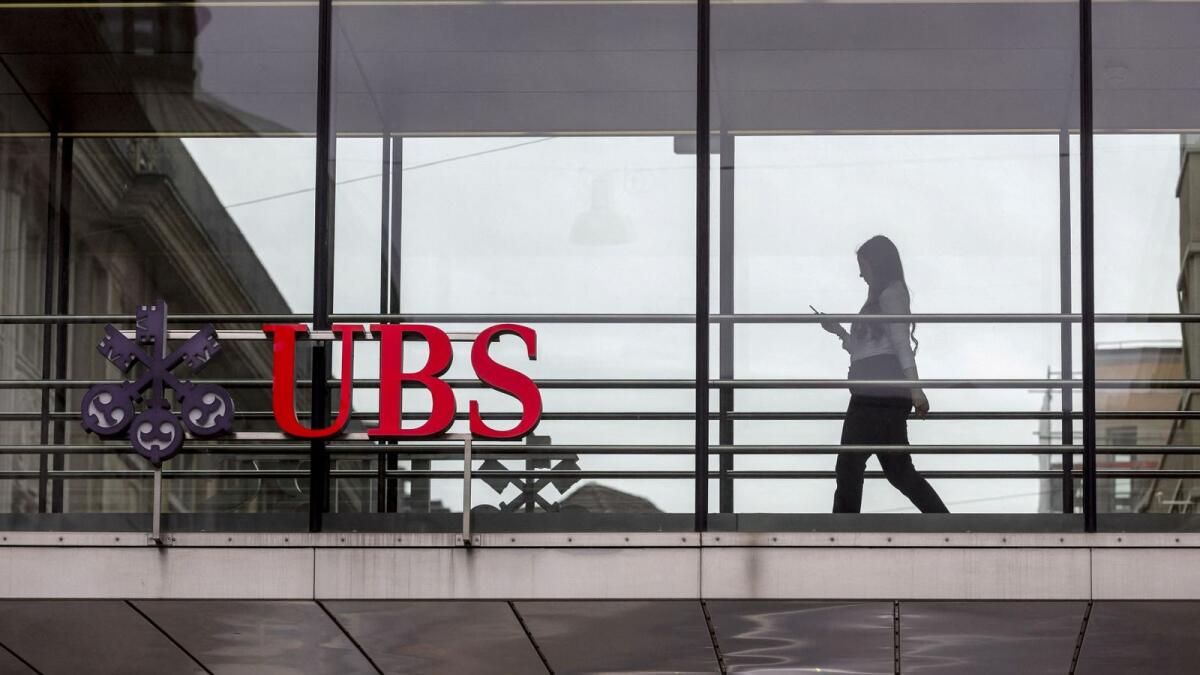In 2023, a study published by trade union Unia revealed that the pay gap between the highest- and lowest-paid workers in Switzerland had widened, with top managers earning on average 143 times more than their lowest-paid employees. This marked an increase from 139 times in 2022, with the country’s largest bank, UBS, showing the largest differential. The issue of pay at UBS became a political topic when Swiss Finance Minister Karin Keller-Sutter criticized UBS Chief Executive Sergio Ermotti’s hefty 2023 compensation of 14.4 million Swiss francs.
Responding to the criticism, UBS stated that it offers salaries to its employees based on market standards, considering their role, experience, and location. The bank asserted it has increased total salaries for employees working in Switzerland, including middle management, by 2.25%, slightly higher than the raises in the rest of the financial sector. The study also highlighted other companies with significant salary gaps, including drug maker Novartis and food maker Nestle, although neither company provided immediate comments when requested.
Comparatively, in the UK, the median FTSE 100 CEO earned 120 times more than the national median salary in the previous year, highlighting a similar issue of income disparity. The current Swiss pay gap is the highest since 2019, with CEO salaries being 148 times higher than the lowest earners, as stated by Unia. The organization’s economist, Noemie Zurlinden, expressed concern over the growing gaps between high and low earners, indicating that inequality in Switzerland has continued to rise despite companies having the financial capacity to pay higher wages.
According to the report’s authors, companies in Switzerland have been making significant dividend payouts and share buybacks, yet real wages for low and middle-income workers have stagnated, reducing their spending power due to inflation. Zurlinden emphasized the importance of better redistribution of economic gains to address the rising cost of living and the widening income gaps. The call for a fairer distribution of wealth and more equitable compensation practices reflects a growing concern among workers and the general public regarding income inequality in Switzerland.
In conclusion, the widening pay gap in Switzerland between the highest and lowest earners is a pressing issue that requires attention from both companies and policymakers. Addressing income inequality and ensuring fair compensation across all levels of employment are crucial steps towards creating a more balanced and sustainable economy. By recognizing the importance of equitable wages and promoting financial stability for all workers, Switzerland can move towards a future where economic prosperity is shared fairly among its population.











